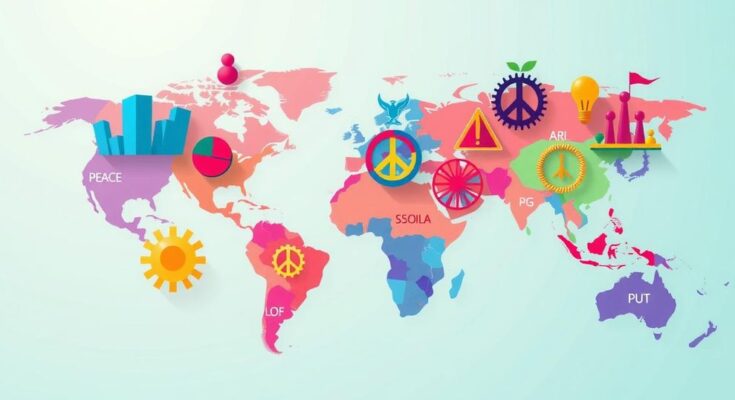In recent times, social justice has emerged as a prominent topic in discussions about equity and human rights, prompting important societal reforms. Essentially, social justice embodies the idea that every individual deserves equal rights and opportunities, driving the United Nations’ mission to cultivate a fairer world. The UN plays a pivotal role in promoting social justice by focusing on the needs of those often overlooked, including marginalized groups like refugees and indigenous communities.
The UN defines social justice as an essential principle for harmonious existence among nations, characterised by equity, human rights, and solidarity. The five fundamental principles revolve around recognising diverse needs, ensuring access to essential resources, encouraging community participation, safeguarding human rights, and celebrating diversity in aspects such as race and gender. These principles form the backbone of the 2030 Agenda for Sustainable Development.
Central to the UN’s efforts is the promotion of decent work and economic opportunities for all. Through the International Labour Organization (ILO), the UN champions the Decent Work Agenda, striving for fair wages and safe working conditions. This commitment aligns with Goal 8 of the Sustainable Development Goals, advocating for inclusive economic growth and decent work.
Advancing gender equality is another critical area of focus, as it is vital for a thriving society. UN Women actively works to dismantle barriers obstructing women’s and girls’ rights through initiatives like HeForShe and the Spotlight Initiative. Despite progress made in specific areas, challenges remain, with many women still facing significant obstacles to achieving equality.
The UN also prioritises access to education, crucial for dismantling inequalities. While there has been advancement in educational attainment, an alarming 300 million children are expected to lack basic literacy by 2030. The UN is committed to ensuring quality inclusive education for all, as outlined in Sustainable Development Goal 4, while also promoting initiatives that foster social justice awareness among youth.
Human rights protection stands at the forefront of the UN’s objectives, with the Universal Declaration of Human Rights serving as a landmark achievement in safeguarding fundamental freedoms. The Office of the High Commissioner for Human Rights (OHCHR) actively monitors violations and provides support to human rights advocates, ensuring that everyone can live free from violence and discrimination.
The World Day of Social Justice, observed annually on 20 February, serves as a global reminder of the need for fairness and equity. This year’s theme, “Strengthening a just transition for a sustainable future”, emphasises the importance of inclusive low-carbon economies, particularly benefiting the most vulnerable communities. The ILO supports this endeavour through various global events, fostering collective action toward a more just world.
Social justice signifies the equitable treatment and rights of all individuals, underscored by the United Nations’ mission to foster an inclusive global community. The UN promotes social justice by addressing economic disparities, advocating for gender equality, ensuring educational access, and safeguarding human rights, all while emphasising the needs of marginalised groups. The World Day of Social Justice serves as a yearly reminder to continue striving for equity and dignity for all.
In conclusion, social justice is a fundamental aspect of the United Nations’ mission, providing a framework to promote equity, human rights, and dignity for all. Through initiatives focusing on decent work, gender equality, education, and human rights, the UN strives to create a world where everyone can thrive. The observance of World Day of Social Justice underlines the ongoing commitment to address inequalities and build a fairer society for all individuals, particularly the underserved and vulnerable populations.
Original Source: news.un.org



